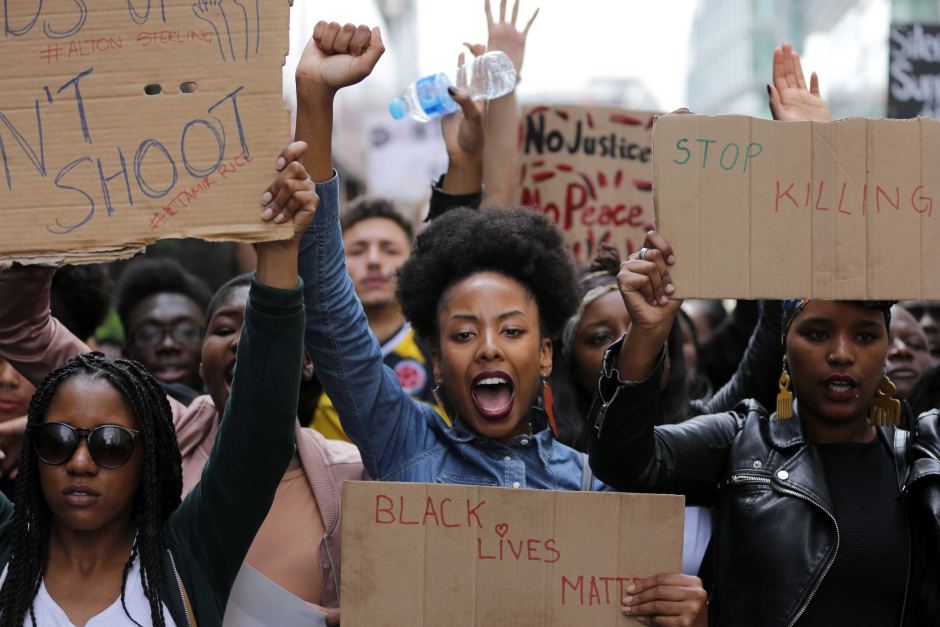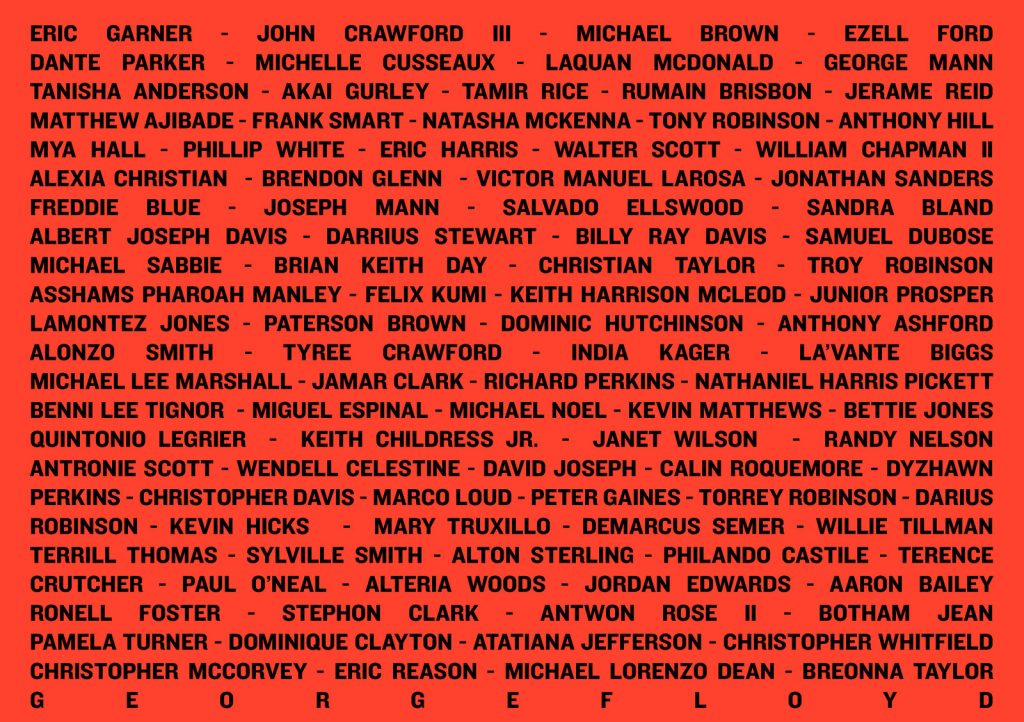
Black Women – We Deserve Better
I watched a Black woman get thrown into a dumpster on Tuesday. I was minding my business on Twitter when I saw the video. There



Washington Area Women’s Foundation mobilizes our community to ensure that economically vulnerable women and girls of color in the Washington, D.C. region have the resources they need to thrive. Since 1998, The Women’s Foundation has worked to transform the lives of women and girls in our region and across the world.
© 2023 Washington Area Women’s Foundation
Washington Area Women’s Foundation mobilizes our community to ensure that economically vulnerable women and girls of color in the Washington, D.C. region have the resources they need to thrive. Since 1998, The Women’s Foundation has worked to transform the lives of women and girls in our region and across the world.
© 2023 Washington Area Women’s Foundation